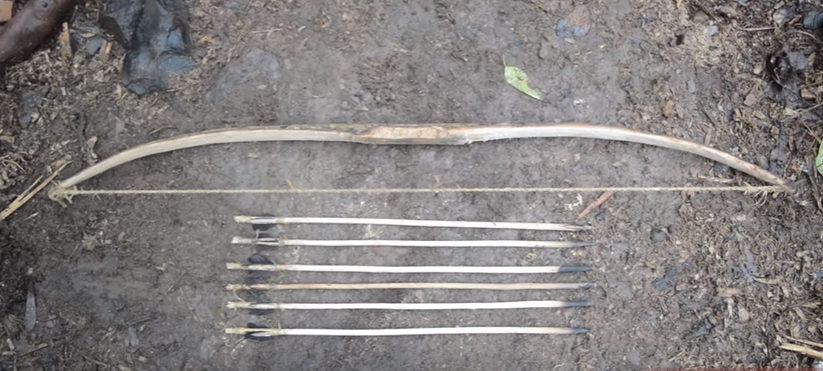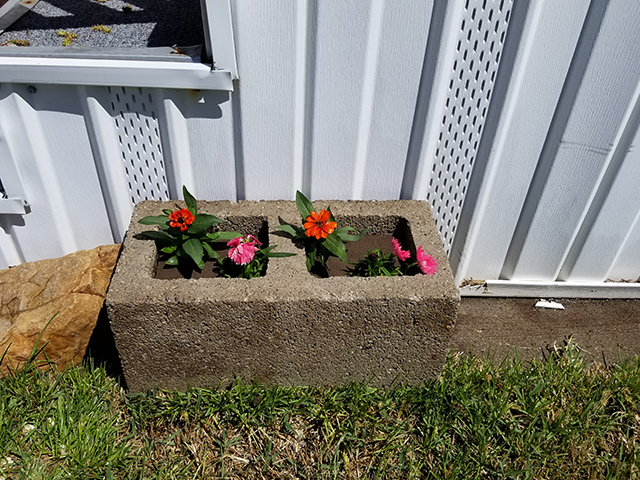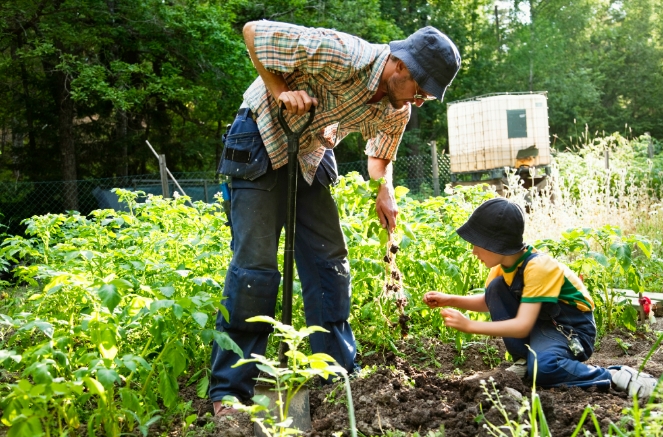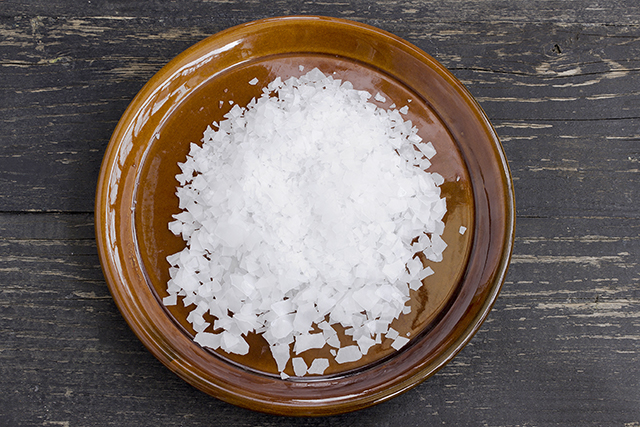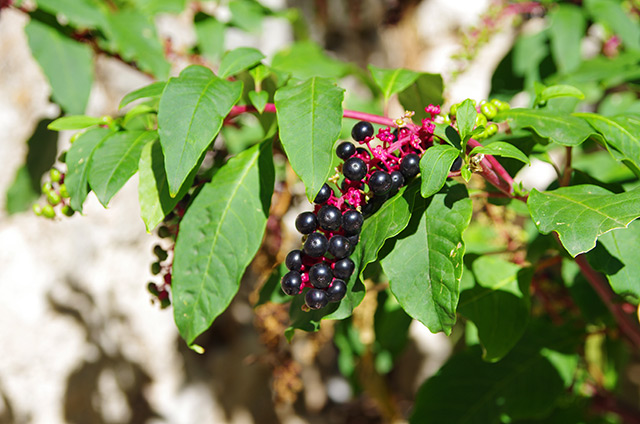Sugar is an essential survival staple when SHTF
07/10/2018 / By Rhonda Johansson

There’s a knee-jerk reaction whenever someone mentions the word “sugar.” The immediate response is one of concern and fear – with statements such as “we should avoid it” or “it’s bad for you” topping the list. While this is true regarding processed sugar, its natural sources are the complete opposite. In fact, many preppers and survival enthusiasts say that sugar, in its other forms, is an essential survival staple.
One of the more critical reasons why sugar is crucial when SHTF is its long shelf life. Some types of sugar can be stored away safely for as long as 30 years. It is also relatively cheap to source, and it can be used for a variety of needs.
Some of these include:
- As a food – Let’s begin with the obvious. Sugar is an excellent source of energy and is an ingredient in many recipes. This is unlikely to change, even during a social or economic collapse. Beyond food, however, sugar is also used to make medicinal wines from herbs.
- As an antibiotic – You can pour sugar on wounds to prevent an infection. Honey, in particular, is a potent natural antibacterial agent. Sugar can also be used as a short-term abrasive while you are washing your hands.
- As a gardening aid – Sugar mixed with vinegar can accelerate root development in plants. The food is also used to increase microbial activity in soil and feed various helpful organisms such as butterflies. You may also use sugar as bait to trap pests.
Storing sugar: Basics to remember
Regardless of the type of sugar that you plan to store, there are some basic rules to follow.
The first is that sugar must always be stored in a cool, dry location. Bacteria thrive in moist, hot places so make sure that wherever you store your sugar, it’s in an area that will not be permeated by much sunlight or hit by water.
We also recommend storing sugar in a large, airtight bucket. Be sure to follow a consistent rotation and inspect the content of your stores regularly. This will prevent spoilage.
Listed below are some of the more common sugar types and how long you can expect them to last:
- Honey – This can be stored indefinitely as long as it kept in an airtight jar. Avoid storing honey in areas that are either too hot or too cold. If crystals begin to form on honey, throw it away or simply heat it up to melt the crystals. (Related: Survival medicine: Are you familiar with the medicinal uses of honey?)
- Maple syrup – This, too, can be stored indefinitely as long as you don’t open the original container. Once opened, it should be refrigerated.
- Agave – This only has a shelf life of two to five years. It is somewhat more expensive than other kinds of sugar, though.
- Granulated sugar – Pre-manufactured sugar can last for around 30 years. Do take note that this form of sugar is highly sensitive to temperature; if the area is too damp, it will form into a hard brick. Granulated sugar is also susceptible to mold and fungal growth. It is likewise important to emphasize that processed sugar is not healthy for you and should only be considered for survival purposes.
Another aspect that must be emphasized is that insects, rodents, and vermin are drawn to the smell of sugar. Remember to keep your storage area clean and free of anything that will attract these creatures.
You are mistaken if you think that rats cannot chew through plastic. It does take some effort, but rats can eventually wear plastic down.
The best way to store sugar is to do so in small quantities. Storing large amounts of sugar can be wasteful, especially if you’re only planning to use a minimum amount each time. Recall that the shelf life of sugar is diminished once its container has been opened. Buy jars that will allow you to pack sugar to last a month in each container. For bugging out, try aiming for two to three jars that weigh a pound each.
Sugar is an extremely versatile food and knowing how to store it away will prove to be extremely useful when SHTF.
Find more simple guides on how to be a smart prepper at Preparedness.news.
Sources include:
Tagged Under: functional food, homesteading, honey, off grid, preparedness, prepper, prepping, SHTF, sugar, survival, survival food, Survival Tips, survivalist

